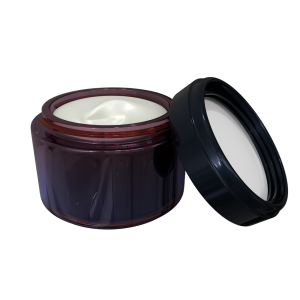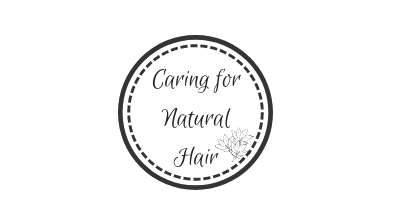Whether you’re a new natural or somewhere in between your hair journey, how to care for natural hair and maintain the health and growth of it has probably come to mind. Natural hair of all different shapes, textures, colors, and lengths, has a unique essence. Taking good care of your tresses will lead you to even healthier, happier hair. Here are a few basic steps that should be at the foundation of caring for your natural hair:
1. Hydration is key 
The use of water and a good moisturizer is imperative in how to care for natural hair. Like a flower, our hair needs water to thrive. It is recommended that you moisturize your hair at least once a day. This can be in the form of water, creams, or other moisturizing agents.
Start by incorporating a moisturizing regimen into your night time routine. Separate your hair into sections, spritz with water, apply your moisturizer, and then twist up each section. You will notice a tremendous change in the health of your natural hair as you make this routine.
2. Know your hair
When it comes to “knowing” your hair, this means being mindful of how your natural hair may react to certain products or ingredients. Are your hair strands coarse and densely packed together? Then you have high density hair, and would want to try products that are thicker in consistency – creams, butters. If your hair strands consist of a more fine texture and are less densely packed together, otherwise known as low density hair, then you would want to try “lighter” products – sprays, easy-slip conditioners. Porosity (the ability of your strands to absorb and hold moisture), hair type, and any hair damage you may have, can also play a role in choosing the right products for your natural hair.
3. Stop the heat & harsh chemicals
The primary meaning of going natural is stopping the use of chemicals that alter the natural structure of your hair. If you want to properly care for your natural hair and maintain healthy, strong strands, stopping the use of heat and harsh chemicals is where to start. If you’re like many naturals who have never had a relaxer, and technically have always been “natural”, but used heat consistently, then eliminating or minimizing the use of heat is a necessity. Each time you apply heat to your hair, it is anywhere up to +300℉ applied to each strand, sometimes causing irreversible damage.

4. Deep condition routinely
If you were to ask any long-time natural what has helped to improve the health of their hair the most, many would say deep conditioning. Deep conditioning replenishes any moisture lost throughout your natural hair by penetrating the hair shaft with proteins, natural extracts, and other nourishing ingredients.
In general, you should deep condition with each wash day, or once a week. Using heat (hooded hair dryer, steam, shower cap) will help the conditioning treatment to be more effective, as it allows the formula to more deeply absorb into your strands.
5. Be gentle
We have all been guilty of those times when its wash day, you’re tired, and just want to go to sleep so you start rushing through your hair, unfortunately causing some breakage along the way. This can stunt length retention and cause even more breakage down the line. However, this is an easy fix. Finger detangling your hair first, and then combing will limit the amount of shed hair. Taking your time with how you care for natural hair and being gentle with it, will guarantee stronger, healthier strands.
6. Be aware of the ingredients in your hair products 
We have all come across products with the “No Sulfates, No Parabens, No Mineral Oil” labels. There are certain ingredients like these, that are typically viewed as “harmful” for your natural hair. If you notice that a certain product isn’t working for your hair, it may be the ingredients in the product.
However, there are some ingredients that are beneficial for your hair and that you should look out for when choosing the right products. Oils such as jojoba oil and castor oil work well in strengthening natural hair. Leave-in conditioners that are water–based are also helpful in retaining moisture.
7. Trim those ends
This is an iffy topic when it comes to natural hair. Some say trimming your hair is completely needless, while others recommend it should be done every few months. Nonetheless, a good aim is to trim the ends of your hair as needed, when they are looking and feeling dry and brittle. Trimming helps to get rid of split ends, and surprisingly, may help to retain length in the long run. This is because trimming your hair is getting rid of the straggly ends and single strand knots that cause breakage and further splitting of the hair shaft. Your ends will also appear more full and styling will become easier.
